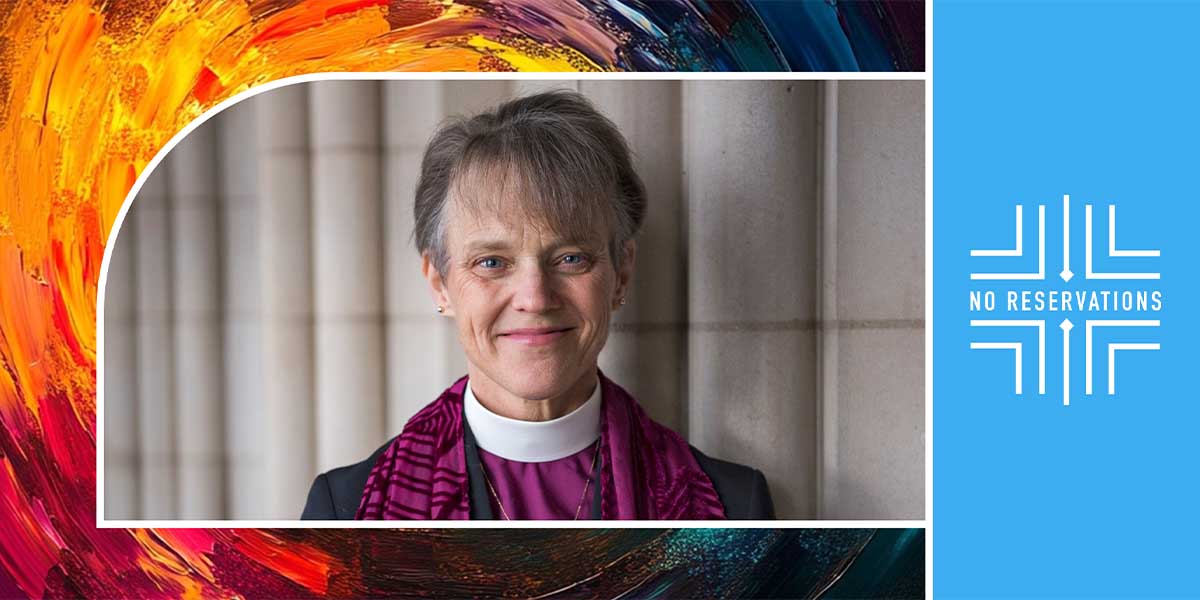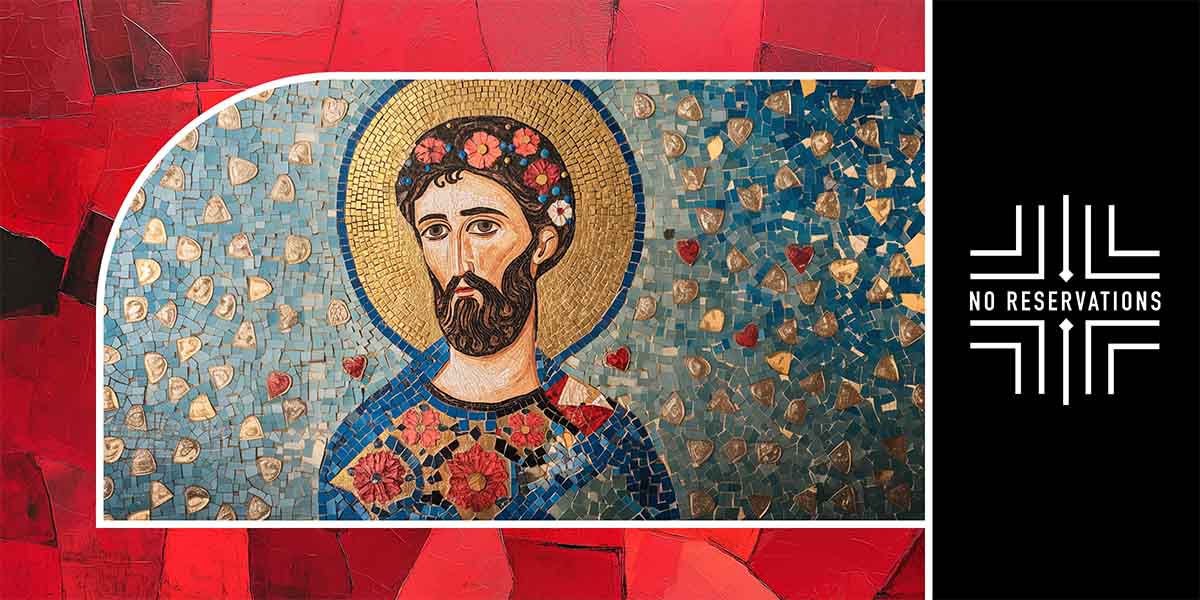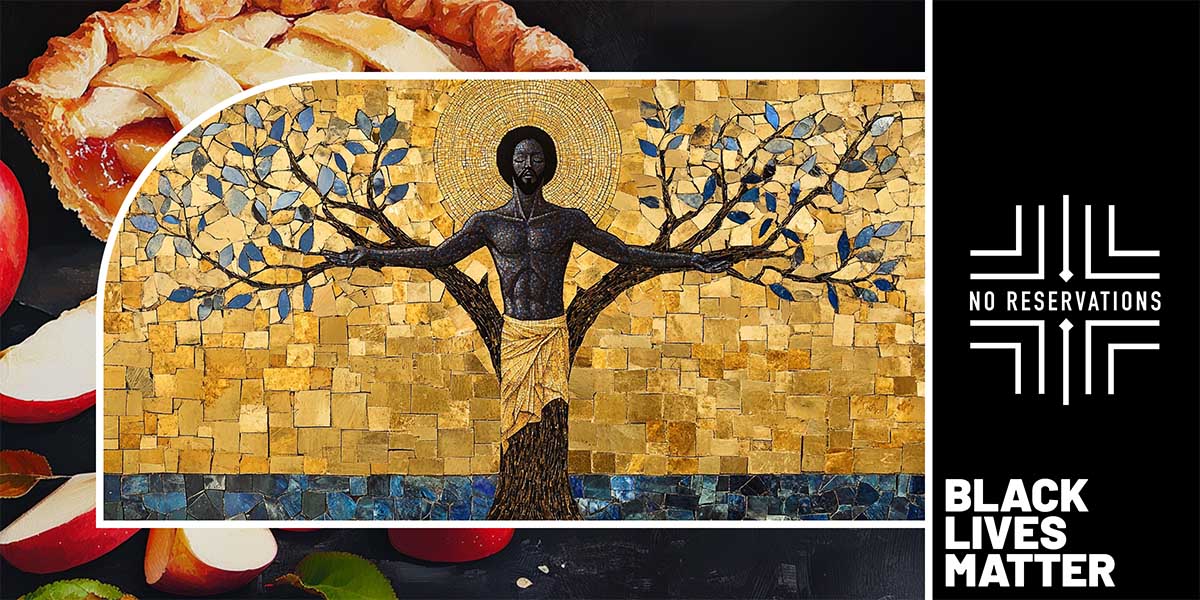“Do all the good you can, in all the ways you can, to all the souls you can, in every place you can, at all the times you can, with all the zeal you can, as long as ever you can.” – John Wesley
Every so often, Christianity breaks through the noise and the darkness, illuminating what it truly means to follow Christ. These moments remind us of the radical, inconvenient truth of faith—a truth that calls for courage, compassion, and unwavering accountability. And it is often through prophetic voices, like that of Bishop Mariann Edgar Budde, that we are reminded of what God expects of us, particularly those in positions of power.
In the tradition of the Hebrew Bible’s prophets, Bishop Budde’s message to President Trump at the National Cathedral was both a plea and a challenge. Her words were not an attack but a prophetic reminder—an invitation to consider the very Scriptures so often invoked in public life. She called for mercy, justice, and equity, speaking up for the oppressed and the marginalized: the immigrants fearing deportation, the children terrified of losing their parents, and the millions who face systemic injustice in silence.
Bishop Budde did not mince words. She spoke directly to power, urging it to live up to the moral responsibilities that come with it. And for her efforts, she has been met with backlash—called “incompetent,” “dumb,” even “un-American.” These responses, however predictable, only underscore an uncomfortable truth: speaking biblical truth to power often provokes hostility.
A Prophetic Call Rooted in Scripture
At the heart of Bishop Budde’s plea lies a deeply biblical foundation. The themes she addressed—justice, mercy, and compassion—are not new. They echo the voices of prophets who demanded accountability from kings and rulers, challenging them to align their actions with God’s will.
Her call to compassion for immigrants, for example, draws directly from Leviticus 19:34: “You shall treat the stranger who sojourns with you as the native among you, and you shall love him as yourself, for you were strangers in the land of Egypt.” This command, repeated throughout the Hebrew Bible, emphasizes a divine mandate to care for the vulnerable, particularly those living as outsiders.
Her emphasis on justice finds its roots in Micah 6:8: “What does the Lord require of you but to do justice, and to love kindness, and to walk humbly with your God?” This timeless reminder underscores God’s demand for righteousness, not as an abstract ideal but as a concrete practice.
And her insistence on affirming the dignity of all people flows from Genesis 1:27: “So God created humankind in his image.” This verse, foundational to Judeo-Christian thought, declares the inherent worth of every individual as a reflection of the Divine.
Even Jesus’ teachings are unmistakable in her message. The command to love one’s neighbor as oneself (Matthew 22:39) and the call to welcome the stranger as if welcoming Christ himself (Matthew 25:35) form the bedrock of her appeal to those in power.
Words That Unmask Discomfort
The discomfort Bishop Budde’s critics feel has less to do with her message and more to do with the mirror she holds up. Her words challenge the convenient reduction of faith to ceremony, performance, or political posturing. They force us to reckon with the discrepancy between living the gospel and merely wielding it as a prop.
This was perhaps most vividly illustrated during the now-infamous moment when President Trump stood outside St. John’s Church holding a Bible aloft—a photo-op made possible by the use of tear gas on peaceful protesters. The Bible in that moment was reduced to a symbol of power, detached from the compassion and justice it commands. In contrast, Bishop Budde’s invocation of Scripture was anything but performative. It was a call to action—a plea to remember what the Bible actually teaches.
Leadership Beyond Politics
As the spiritual leader of 86 Episcopal congregations and ten Episcopal schools across Washington, D.C., and parts of Maryland, Bishop Budde occupies a position of moral authority that transcends political affiliation. Her allegiance is not to any party or administration but to the Divine and to the teachings of Christ. Her role, like that of the prophets before her, demands that she speak for the voiceless and advocate for the marginalized.
This kind of leadership is not easy, and it is often costly. But it is precisely what faith demands. As Bishop Budde’s actions remind us, Christianity is not about preserving comfort or access to power—it is about holding power accountable to the higher standards of mercy, justice, and love.
A Challenge to Us All
Bishop Budde’s courage is a challenge not just to those in power but to all of us. Her words echo God’s call to “honor the dignity of every human being, to speak the truth in love, and to walk humbly with our God.” This call is not limited to bishops, pastors, or public figures. It is the responsibility of anyone who professes faith, anyone who dares to follow Christ.
In a time when faith is so often co-opted for political gain, Bishop Budde reminds us of what authentic Christianity looks like: prophetic, bold, and rooted in compassion. May her example inspire us to live out the faith we profess—not as a performance, but as a way of life that speaks truth to power and upholds the dignity of all.
By: Rev. Dr. Harold Marrero
Rev. Dr. Marrero is the founding pastor of No Reservations, a faith community dedicated to radical authenticity, psychological healing, and spiritual transformation. A theologian, activist, and advocate for the marginalized, he challenges conventional faith models to create a space where introspection, justice, and divine connection intersect.





